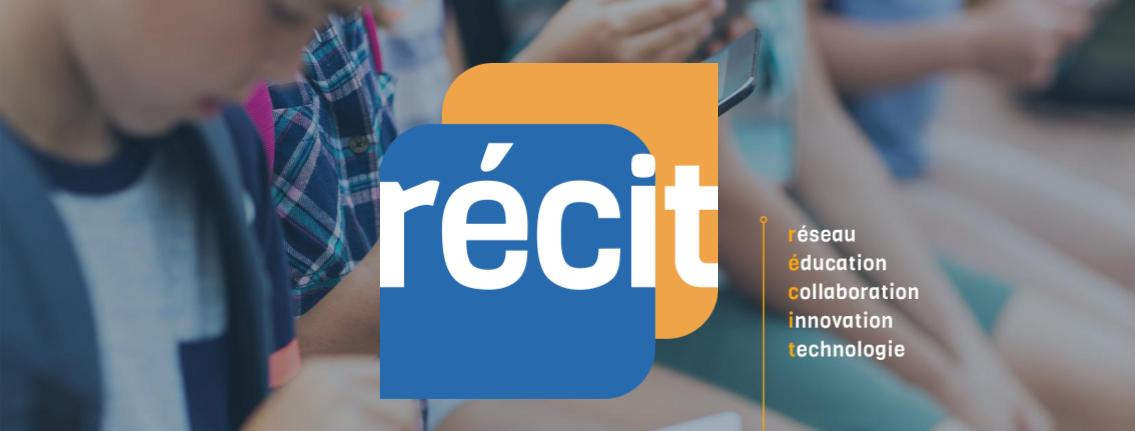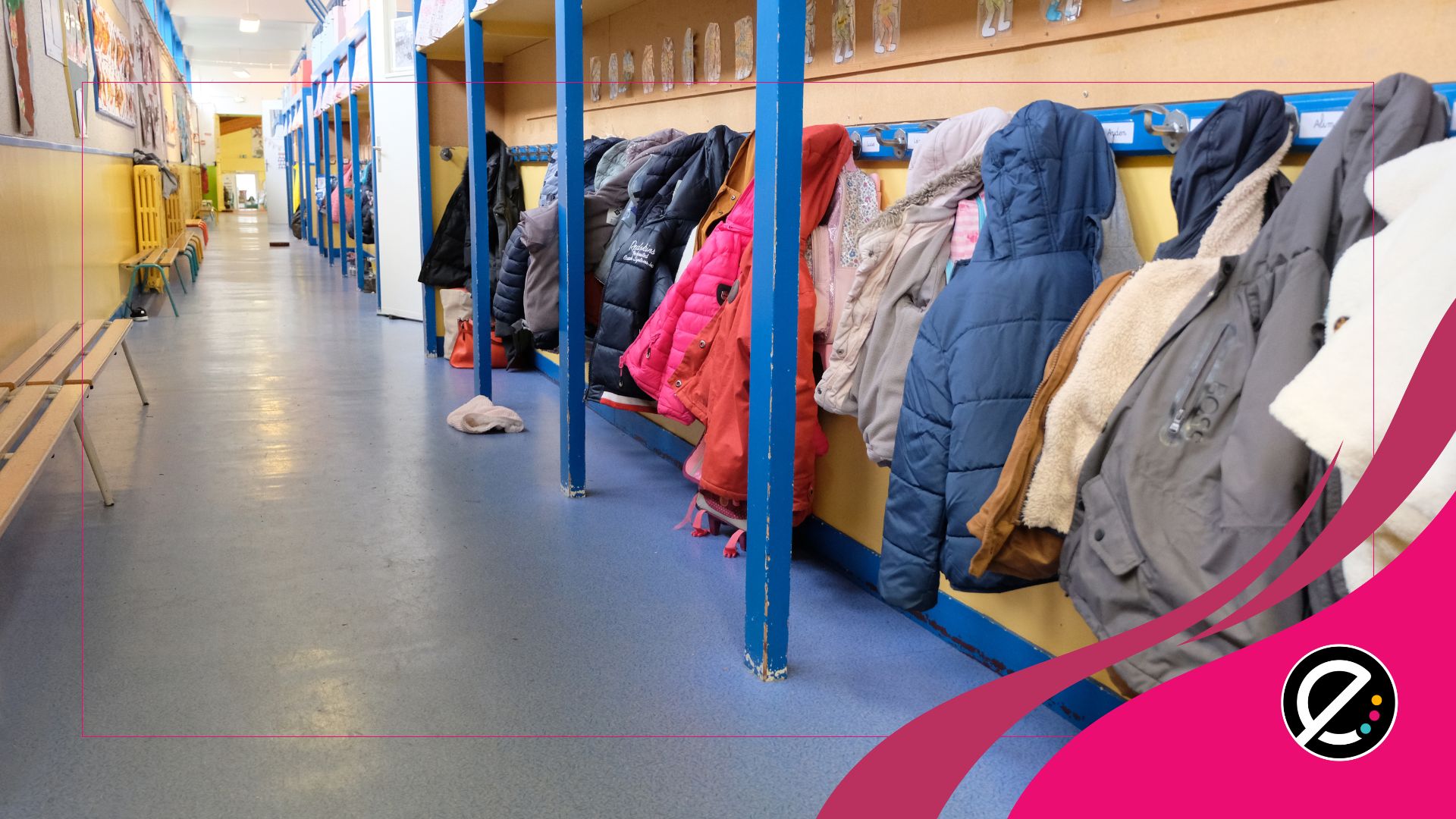Connaissez-vous les forces et les faiblesses de vos élèves sur le plan cognitif? Une évaluation diagnostique pourrait vous y aider.
Le dernier congrès de l’Association pour le développement des méthodologies d’évaluation en éducation (ADMEE) ayant pour thème les« Enjeux et défis de l’évaluation à l’ère du numérique en salle de classe et à distance » s’est déroulé en novembre 2016 à Sherbrooke. Lors de cet évènement, Nathalie Loye, professeure agrégée à la Faculté d’éducation de l’Université de Montréal, et Dan Thanh Duong Thi, étudiante au doctorat, ont présenté une communication sur l’évaluation diagnostique des processus cognitifs. Peu après, je me suis entretenu avec Madame Loye au sujet de ces rapports.
École branchée : Vous avez récemment effectué des travaux portant sur l’approche diagnostique cognitive. En quoi consiste cette approche dans le contexte scolaire?
Nathalie Loye : L’approche diagnostique cognitive consiste à mettre en évidence des processus cognitifs qui posent problème à l’élève. Généralement, ces processus sont en lien avec des contenus disciplinaires, des stratégies utilisées par les élèves ou les caractéristiques des questions qui leur ont été posées. Lorsqu’un élève obtient une faible note dans une évaluation, il n’est pas toujours possible de déterminer quel(s) processus cognitif(s) a posé problème.
La particularité de l’approche diagnostique cognitive réside dans le fait qu’elle est une épreuve évaluative dans laquelle des questions permettent de mesurer ces différents processus. Cette approche nécessite d’identifier a priori les processus sur lesquels faire reposer le diagnostic, puis de produire une épreuve composée de questions visant à mesurer ces processus. L’épreuve est par la suite administrée aux élèves.
Une fois que les données ont été collectées auprès des élèves, des modèles psychométriques permettent d’estimer les probabilités de maitrise des attributs de chaque processus par chaque élève, ce qui fournit le diagnostic.
EB : Quelle est la différence entre une évaluation formative et une évaluation diagnostique? L’une est-elle l’outil pour l’élève pour l’aider à apprendre, tandis que l’autre est l’outil pour l’enseignant pour l’aider à avoir un portrait de sa classe?
NL : L’évaluation formative appartient à l’enseignant dans sa classe. Elle fait partie intégrante de sa démarche pédagogique et porte sur les apprentissages visés par l’enseignant. L’évaluation diagnostique dont il est question ici correspond à une démarche externe à la classe et porte souvent sur des prérequis aux apprentissages. Elle permet d’avoir un portrait individuel de chaque élève et, par regroupements, un portrait de la classe, ce que peut aussi faire l’évaluation formative. Toutefois, ces portraits diagnostiques sont basés sur les probabilités de maitrise des processus cognitifs ciblés et non sur le jugement de l’enseignant.
EB : Un enseignant peut-il développer lui-même une évaluation diagnostique pour mesurer les processus cognitifs et interpréter les rapports?
NL : L’évaluation diagnostique des processus cognitifs est un instrument de mesure et d’évaluation complexe à construire et dont les résultats sont aussi complexes à analyser. Dans cette perspective, il ne serait pas envisageable qu’un enseignant utilise lui-même cet outil.
EB : Que peut alors faire un enseignant ou un responsable d’établissement scolaire intéressé par l’évaluation diagnostique des processus cognitifs?
NL : En Europe, les évaluations diagnostiques peuvent être effectuées par des organismes externes, comme les ministères responsables de l’éducation. En début d’année, il est par exemple possible qu’un ministère administre ces évaluations pour fournir aux enseignants des informations pour mieux connaître les forces et les lacunes des élèves.
Au Québec, des firmes spécialisées en psychométrie et en mesure et évaluation pourraient agir à titre de consultant pour les établissements intéressés. À ce titre, la firme québécoise Brisson-Legris était l’un de mes partenaires de recherche dans le cadre d’une subvention du Conseil de recherche en sciences humaines.
EB : Justement, que contiendraient ces rapports diagnostiques?
NL : Pour que les résultats de l’évaluation puissent être utiles, il est important de les communiquer aux enseignants, qui sont les mieux placés pour mettre en place des interventions pédagogiques efficaces pour aider les élèves. Les rapports doivent être compréhensibles et utiles, et ce, afin que les recommandations soient significatives pour les enseignants et le personnel scolaire. Ces rapports doivent décrire et rendre accessibles les intentions de l’évaluation diagnostique ainsi que les résultats pour chaque élève et pour le groupe en fonction des processus cognitifs visés. Idéalement, ces rapports doivent également proposer des pistes d’accompagnement pédagogique en fonction des difficultés identifiées pour chaque élève, ou pour le groupe.
EB : L’enseignant ou le personnel de l’établissement peut alors s’inspirer du rapport pour mettre en œuvre un plan d’action?
NL : Oui, effectivement. Un enseignant peut obtenir un portrait global de sa classe ainsi qu’un portrait de chacun des élèves. Il pourrait ainsi décider d’adapter ses interventions, ses approches ou ses outils en fonction de ces résultats. Un directeur d’école pourrait quant à lui avoir une vision d’ensemble des élèves de son établissement, des élèves d’une année en particulier ou d’une classe précise. Cela pourrait l’aider à mettre en place des mesures pour accompagner les enseignants ou les professionnels.
Plus d’information à venir
L’élaboration des rapports diagnostiques fait actuellement l’objet d’une thèse de doctorat dont les résultats seront publiés prochainement. Les personnes intéressées à en savoir davantage sur les rapports diagnostiques peuvent communiquer avec Madame Loye ou Madame Duong Thi.






